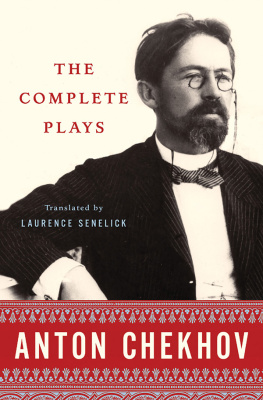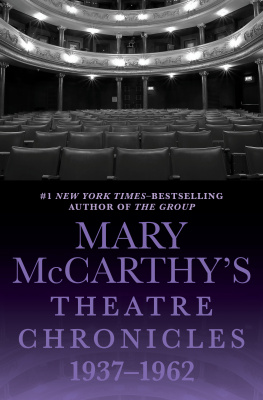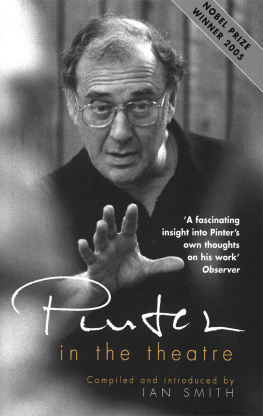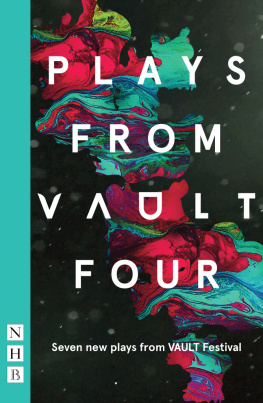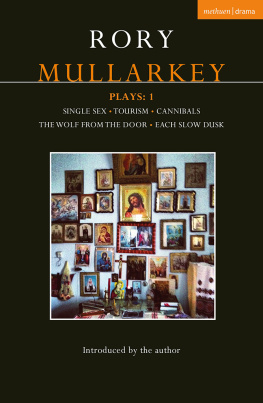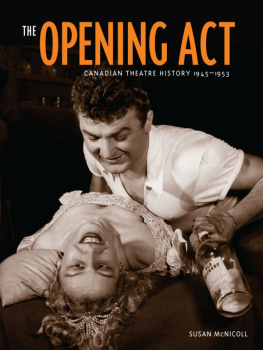For more than four decades, Actors Theatre of Louisville has been home to the internationally acclaimed Humana Festival of New American Plays, which has introduced over 450 plays and launched hundreds of subsequent productions around the world. Every year, producers, critics, artists, and theatre lovers of all kinds gather in Louisville to encounter groundbreaking world premieres, all fully designed and produced in rotating repertory. Its an invigorating annual celebration of the art form, and its success has marked the Humana Festival as one of the nations preeminent powerhouses for new play development. Plays first brought to life in Louisville include three Pulitzer Prize winners, as well as multiple Pulitzer finalists and winners of the Obie Award, Kesselring Prize, Steinberg/ATCA New Play Award, Yale Drama Series Prize, Susan Smith Blackburn Prize, and many other prestigious honors. More than 400 Humana Festival plays have been published in anthologies and individual acting editions, making Actors Theatre a vital force in building the American dramatic repertoire. Beyond its far-reaching impact, the Humana Festival is also good fun.
The sense of excitement is palpable when these brand-new plays meet their audiences for the first time. Actors Theatres buildings buzz with creative energy as boldly imagined worlds come to life onstage, and theatregoers mingle with a fiercely talented company of artists and staff in the lobbies. Louisville is a vibrant cultural destination, known not only for its horse racing and bourbon, but also for its bustling arts scene and spirit of curiosity. The city thrives on innovation and embraces difference, so its no wonder that the Humana Festival has taken root in Louisville, where an adventurous ethos guides both the audience and the curation of each season. Year after year, the festival champions the extraordinary breadth of American playwriting by seeking out and amplifying new voices and diverse viewpoints. Each springs lineup offers a dynamic mix of styles, stories, and theatrical vocabulariestales that whisk you to other worlds or move you to consider the one you know with fresh eyes.
The enduring influence of Actors Theatres decades-long commitment to the full production of new workand the philosophical shift it helped catalyzeis immeasurable. When the festival began back in 1977, it gained widespread renown within a few short seasons, and found a generous, visionary sponsor in the Humana Foundation. In the years that followed, this venture would help change the ecology of American theatre, leading a movement among the nations regional theatres to discover and support playwrights. The Humana Festivals significance has continued to be concretely demonstrated in the work itself: year after year, extraordinary plays spark lively conversations both in Louisville and in their lives beyond our stages, making these exciting world premieres the crucial first chapters of much longer stories.
The editors wish to thank the following persons for their invaluable assistance in compiling this volume: John Cerullo Janelle Renee Dunn Robert Barry Fleming Elizabeth Greenfield Mary Kate Grimes Carrie Hagovsky Melissa Hines Jane B. Jones Steve Knight Meredith McDonough Zachary Meicher-Buzzi Erin Meiman Emily Moler Kevin E.
Moore Hannah Rae Montgomery Alonna Ray Rebecca Redman Jessica Reese Jeffrey S. Rodgers Charlotte Stephens Michael Tan Emily Tarquin Lex Turner Paul Werner Sharifa Yasmin Susan Yassky Beth Blickers Michael Finkle Di Glazer Ron Gwiazda Rachel Viola Amy Wagner Ross Weiner Derek Zasky
Copyright 2019 by Dave Harris. All rights reserved. CAUTION: Professionals and amateurs are hereby warned that
Everybody Black is subject to a royalty. It is fully protected under the copyright laws of the United States of America and all countries covered by the International Copyright Union (including the Dominion of Canada and the rest of the British Commonwealth), the Berne Convention, the Pan-American Copyright Convention, and the Universal Copyright Convention, as well as all countries with which the United States has reciprocal copyright relations. All rights, including professional, amateur stage rights, motion picture, recitation, lecturing, public reading, radio broadcasting, television, video or sound recording, all other forms of mechanical or electronic reproduction, such as CD-ROM, CD-I, information storage and retrieval systems and photocopying, and the rights of translation into foreign languages, are strictly reserved.
Particular emphasis is laid upon the matter of readings, permission for which must be secured from the Authors agent in writing. Required royalties must be paid every time this play is performed before any audience, whether or not it is presented for profit and whether or not admission is charged. All inquiries concerning rights, including amateur rights, should be addressed to: United Talent Agency, 888 Seventh Avenue, 9th Floor, New York, NY 10106. ATTN: Rachel Viola, .
ABOUT EVERYBODY BLACK
This article first ran in the Limelight Guide to the 43rd Humana Festival of New American Plays,
published by Actors Theatre of Louisville, and is based on conversations with the playwright before rehearsals for the Humana Festival production began.
Hi. Im Black. This cheerful introduction is the launching point of Dave Harriss blisteringly funny satire
Everybody Black.
As the historian addressing the audience goes on to explain, being black has landed him in a surprisingly lucrative position: a group of white historians have offered him a big ol check to write the definitive version of The Black Experience. These earnest white historians want an official record that captures the Truth of Blacknessand by that, they mean they want the boats, the chains, the Negro spirituals, the baby mama drama, the crack rocks, and the police brutality. Its a preposterous request. But then again, its a whole lotta money. So the black historian has gleefully agreed. In Harriss no-holds-barred comedy, the process of documenting Black History is a laughably compromised endeavor, distorted by the promise of profit and inherently biased toward a particular narrative.
And the worldview of the black historian provides another challenge: despite his mandate, he feels no fidelity to facts or truth. (In fact, he confesses with a wicked laugh, hes never even met another black person. Not one!) So from the outset, the project is fundamentally flawed. The play unfolds as a series of short scenes, orchestrated by a self-professed madman who shamelessly proclaims that hes just making shit up about black people. So perhaps it is unsurprising that the characters who populate this Black History play are not the ones that you might find in a dusty public school textbook. Theres an argument between a slave and a black millennial about whose day was harder.
Theres a talk show segment about black people who are addicted to dating white people. Theres even a visit with Every Black Father Everand later, Every Black Mother Ever. Each new character we meet is simultaneously a provocative flirtation with stereotype and also a subversive resistance to it, challenging our implicit expectations about who might appear in a play called Everybody Black. Explaining his impulse for writing the play, Harris says, Im interested in a wider idea of canonical blackness and black entertainment. Im not really drawn to writing the righteous black struggle play, about black people who are suffering or fighting oppression. We see a lot of the same tropes in black theatre: stories about the people who led the march, the people who were brave and went out and changed the world.
Almost in spite of himself, he laughs: But, like...thats not fun! Also, I know a lot more people who missed the march instead of actually going. So I wanted to put that onstage. The characters in



